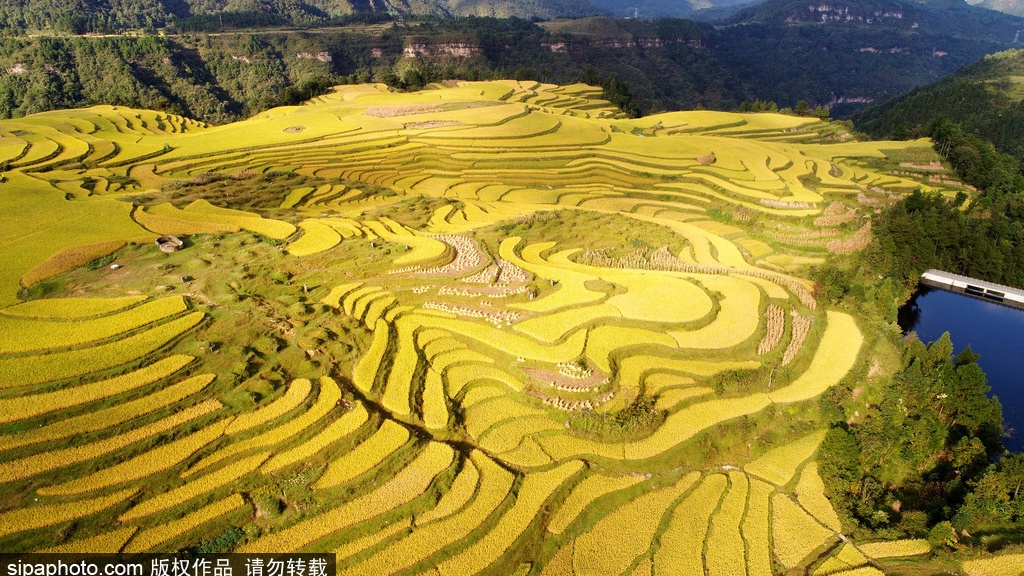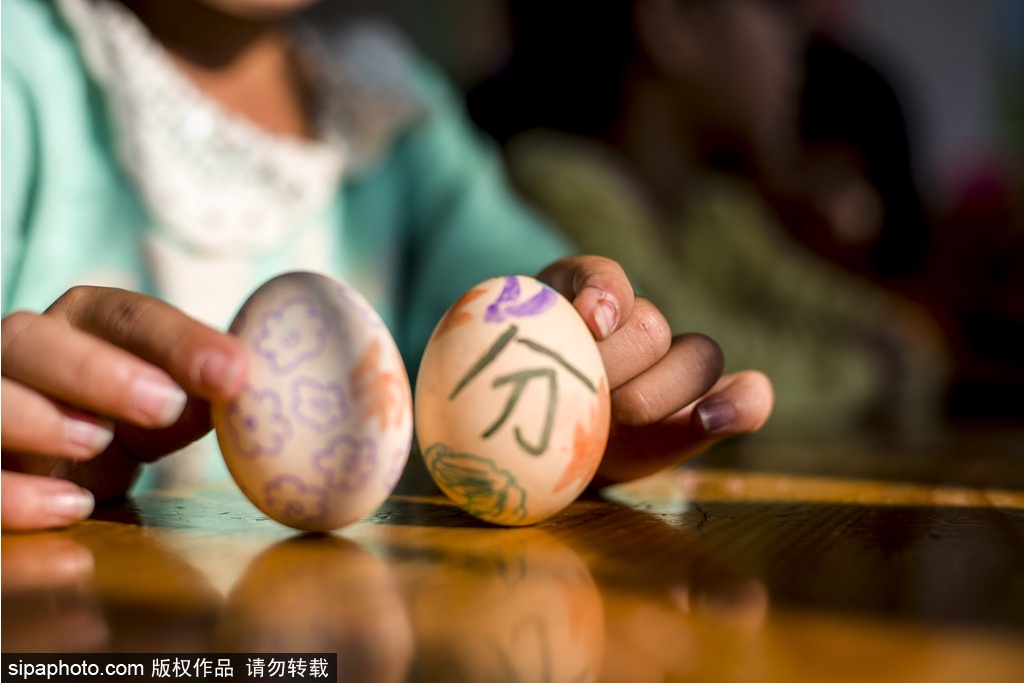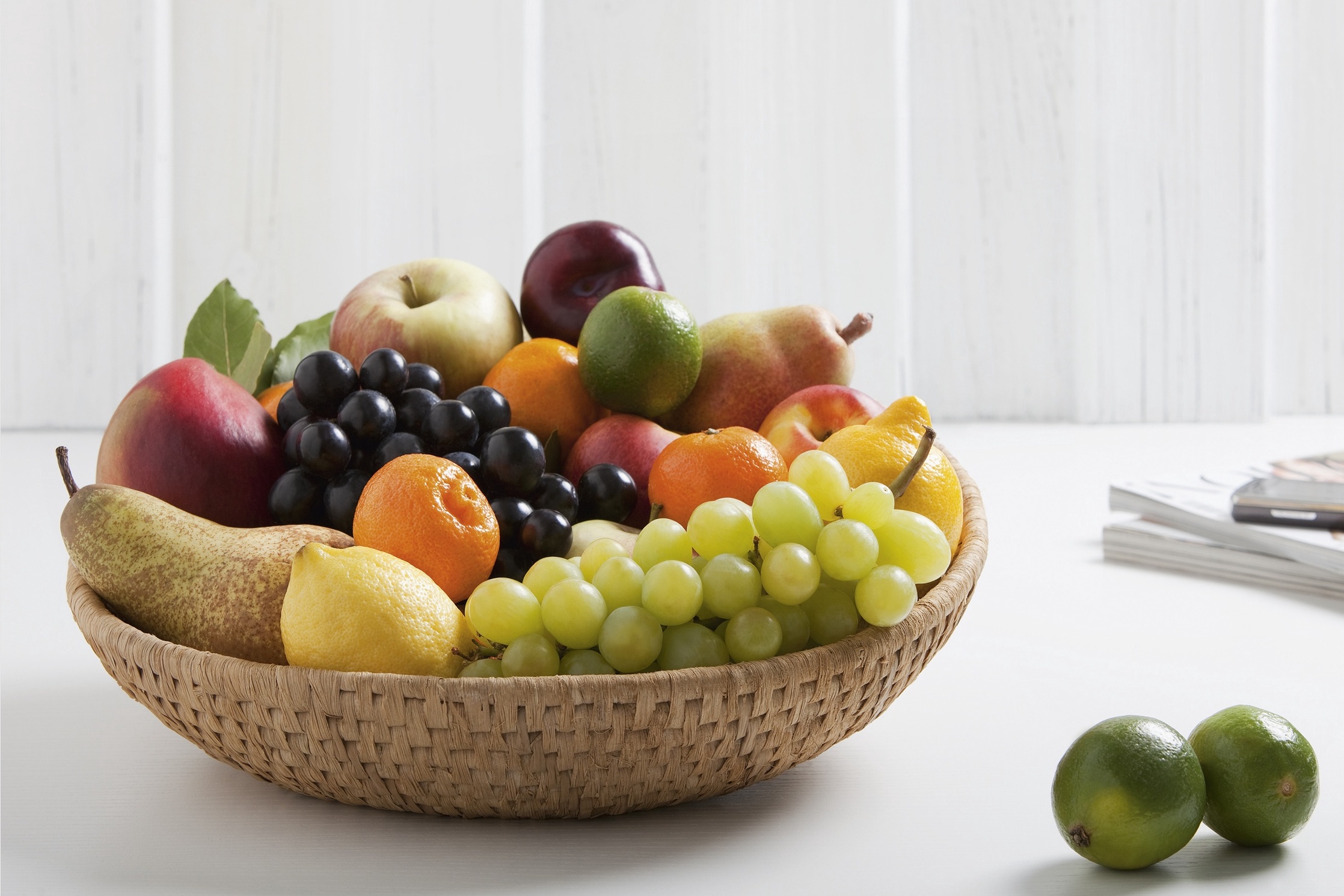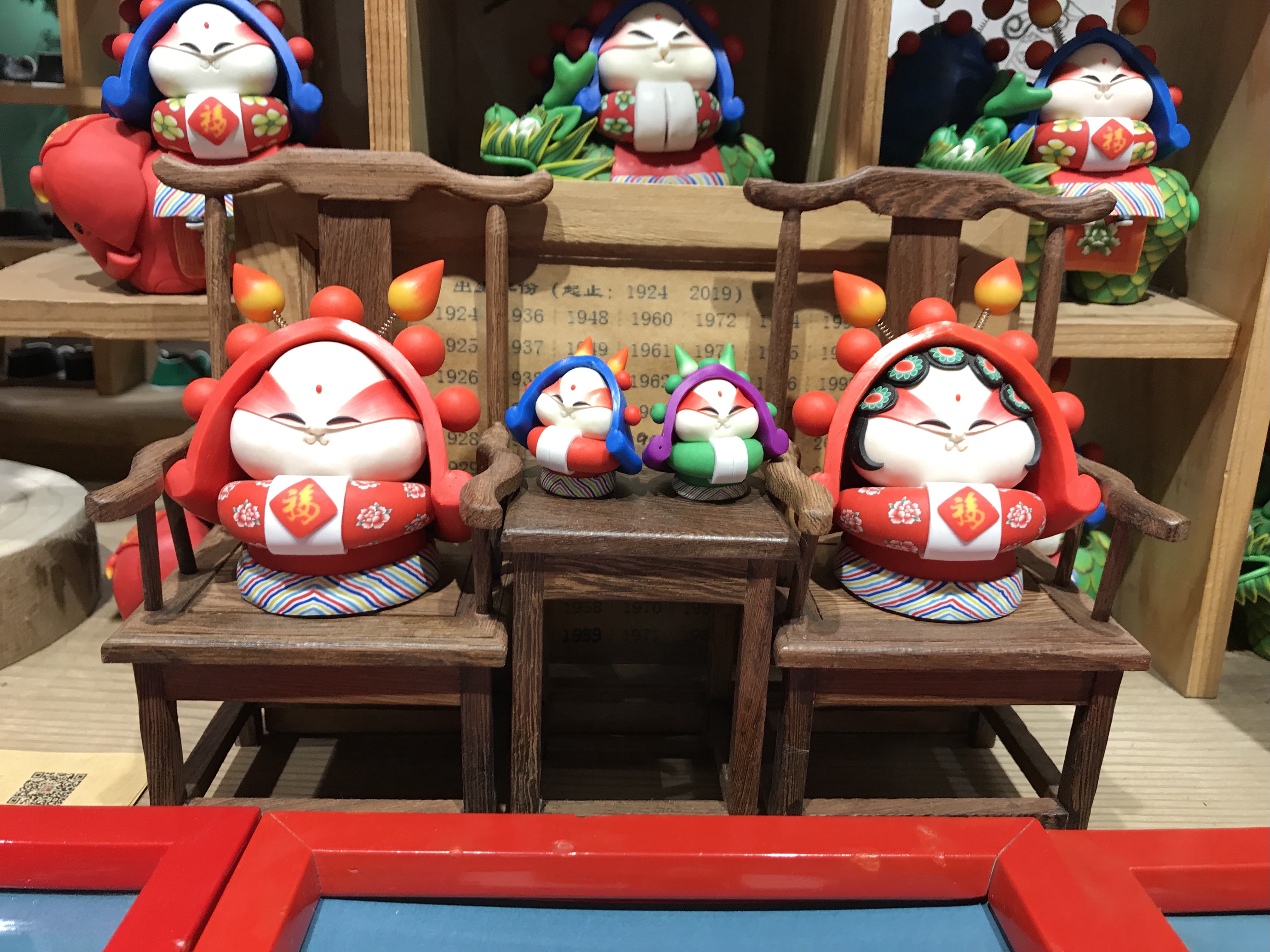Origin of the Autumnal Equinox

During the Autumnal Equinox, most part of China enters the cool autumn. The southward cold air encounters the weakening warm and moist air, causing rainfalls one after another, followed by temperature drops one after another. As people often say, it is the time when "temperature drops after every autumn rainfall".
During this period, many regions of the country enter the time with low rainfall. The fast cooling in the autumn shortens the schedule for people to finish the "three major autumn tasks", i.e., autumn harvest, autumn ploughing and autumn planting. Farmers need to rush in the harvest of kharif and guard against damages by early frost and continuous rain; they also need to timely plant winter crops for high yield of next year.
Customs during the Autumn Equinox
Egg Erection

On each Autumn Equinox day, tens of millions of people around the world may do an experiment called "Egg Erection". It is still difficult to verify the reason for which this game known as "Chinese custom" has become a "world game". But its playing method is simple and interesting: select a smooth and symmetrical egg, freshly laid four or five days ago, and gently put it on a table vertically. Although many may fail in this game, winners are not in the minority. The Autumnal Equinox becomes the best time for egg erection game, and that is why there is a saying goes "the Autumnal Equinox comes, the time to play eggs". What a scene to applauding for an erected egg!
Eating Autumn Vegetable
In Lingnan area, a Xie family living in Cangcheng Township, Kaiping City, one of the four old counties (now five old counties after Heshan is included), has formed a unique custom known as "eating the autumn vegetable during the Autumnal Equinox". The "autumn vegetable" is a wild amaranth, called by the local people as "autumn tarragon". On the Autumnal Equinox day, the villagers all go picking the autumn vegetable. When you search the vegetable in the fields, you may find it mostly in light green, with a thin figure, as long as about a palm. The picked autumn vegetable is usually made into a homely "hot broth" with fillet, known as "Autumn Soup". As the doggerel goes, "when autumn soup sinks, the internal organs are washed clean, and the family members are safe and healthy." Even in the autumn of a year, people still pray for a peaceful home and healthy body.
Worship
The folklore festival around the Autumnal Equinox is the birthday of Kaizhang Sage Ruler on the fifteenth of second lunar month: Kaizhang Sage Ruler is also known as "Sage Ruler Chen", i.e., Chen Yuanguang, a successful examinee of the highest imperial examination for military officers in Tang Dynasty. He once made great contribution to Zhangzhou and became a eudemon of Zhangzhou after his death. The nineteenth of second lunar month is the birthday of Goddess of Mercy, during which time a mass of believers go to Guanyin temples for worship. Anniversary of the Three-mountain God on the twenty fifth of second lunar month: the Three-mountain God refers to the god of three mountains in Jieyang County, Chaozhou Prefecture, Guangdong Province, i.e., Mt. Du, Mt. Ming and Mt. Jin, of which the eudemon in the early days was Qiu, a Hakka immigrant of Chaozhou, so the believers are mostly Hakkas.
Mountain Climbing
Mountain climbing is the body-building exercise made for the autumn. The early mountain climbing activity may be related to the ancient "shooting ritual". To well arrange their life in the winter, the people back then needed to climb up mountains to pick wild food or medicinal materials, or go hunting after autumn harvest.
Mountain climbing is conducive to body health, and can strengthen one's physique, enhance muscular endurance and neural sensitivity. In addition, fresh air is available in the mountain forest, with little floating dust and pollutants but high-ratio anion in the atmosphere. Placing oneself in such environment is obviously good for health. Mountain climbing can also temper one's willpower and cultivate one's taste. Climbing up to the top and looking into the distance, one can have a panoramic view of the magnificent scenery and soak himself in cheerful mood.
Beijing's Custom during the Autumnal Equinox

In Beijing, it is the best season of the year, with crisp and dry air, bright but gentle sunlight. It is also the time for eating fresh fruits. Different stalls, known as "Seasonal Fruit Stall", may appear in the markets in different periods of the season, and only sell fruits. Certainly, the fruit market outside the Front Gate shall be the most active place where many stalls concentrate. That is a side street, starting from Xianyukou in the north and ending up at Zhushikou in the south, only one li long. But fruit stalls here are placed row upon row, running wholesale and retail businesses, just like Xinfadi outside Xihongmen.
Another view on the streets of Beijing is the sellers of chestnut roasted with sugar, giving off a pleasant smell of chestnut throughout one street, the representative smell of the season, even surpassing the sweet scent of osmanthus.

Another view on the streets of old Beijing is the sellers of Lord Rabbits. Lord Rabbits are made of loess, water and mud. After dried out, their bodies are painted with colors, and made into different sizes and shapes. Some of them ride on a horse or tiger, and some wear stage costume and martial actor's flags. They are piled up like a small hill and placed on a market stall for sale. The Autumnal Equinox is near to the Mid-Autumn Festival; in the past, it is the time when not only moon cakes appear on the market, but an array of Lord Rabbits is also an indispensable part of a stall. Lord Rabbit is originated from the Chinese folk myths and legends. It is the fairy rabbit making medicines in the Moon Palace, forming the quaternity with Goddess in the Moon, Wu Gang, and osmanthus tree. So it is a celestial being too and shall be invited to one's family for worship.



